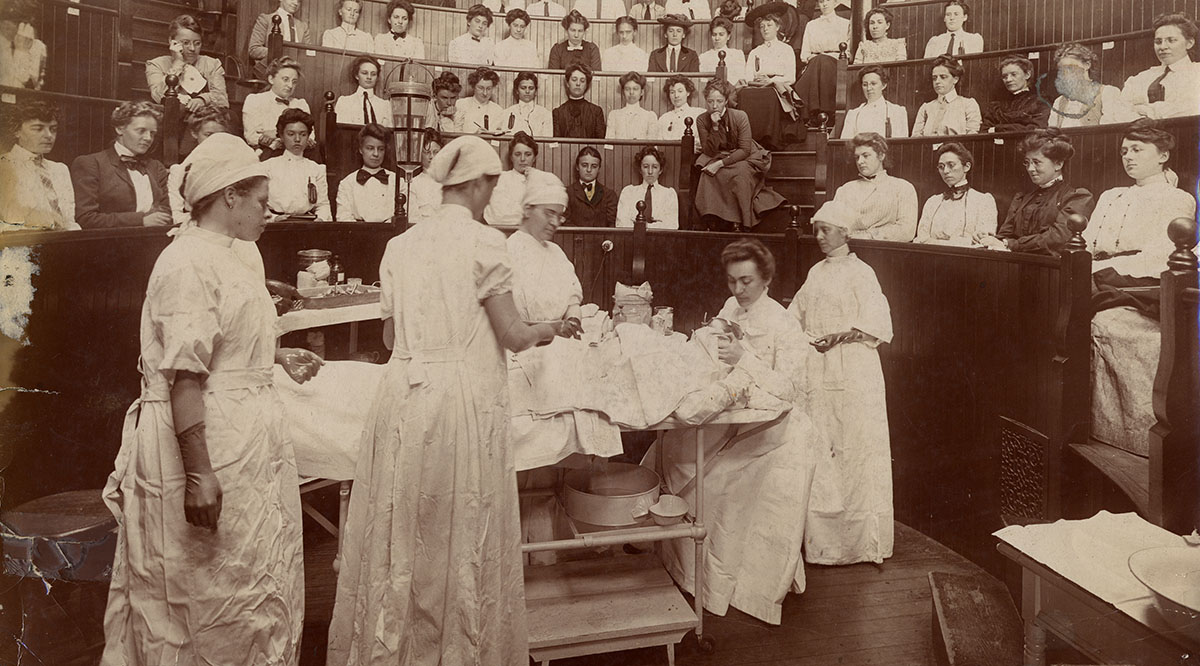
FAQ About Women in the History of Medicine
Women in the History of Medicine
2 years ago | gizem
Who were the "Harvard Computers," and what role did they play in astronomy and medicine?
The "Harvard Computers" were a group of highly skilled women astronomers who worked at the Harvard College Observatory in the late 19th and early 20th centuries. They made significant contributions to the fields of astronomy and astrophysics, particularly in the classification of stars, stellar spectra, and variable stars. While their primary focus was on astronomy, their work also had indirect implications for other fields like medicine. Here are the key aspects of their role and contributions:
- Stellar Classification: The Harvard Computers, under the leadership of astronomer Edward Charles Pickering, played a pivotal role in developing the Henry Draper Catalogue, which aimed to classify and catalog the spectra of stars. This work was essential for understanding the composition, temperature, and evolutionary stages of stars.
- Photographic Plate Analysis: The Harvard Computers used photographic plates to record the spectra and brightness of stars. They meticulously analyzed these plates to categorize stars based on their spectral lines and other characteristics.
- Development of Spectral Classification: One of the most significant contributions of the Harvard Computers was the development of the spectral classification system, which categorized stars into spectral classes based on the absorption lines in their spectra. This system, which is still in use today, provided insights into the temperatures and compositions of stars.
- Identification of Variable Stars: The Harvard Computers also discovered and cataloged thousands of variable stars—stars whose brightness changes over time. Their work helped identify various types of variable stars and contributed to the understanding of stellar evolution.
- Dorrit Hoffleit: While not a member of the original Harvard Computers, Dorrit Hoffleit, an accomplished astronomer, joined the Harvard College Observatory in the mid-20th century. She continued the work of the Harvard Computers, particularly in the compilation and refinement of stellar catalogs.
- Medical Applications: While the primary focus of the Harvard Computers was astronomy, their work had indirect applications in other fields, including medicine. Spectroscopy, which they advanced, became a valuable technique in various scientific disciplines, including medical diagnostics.
